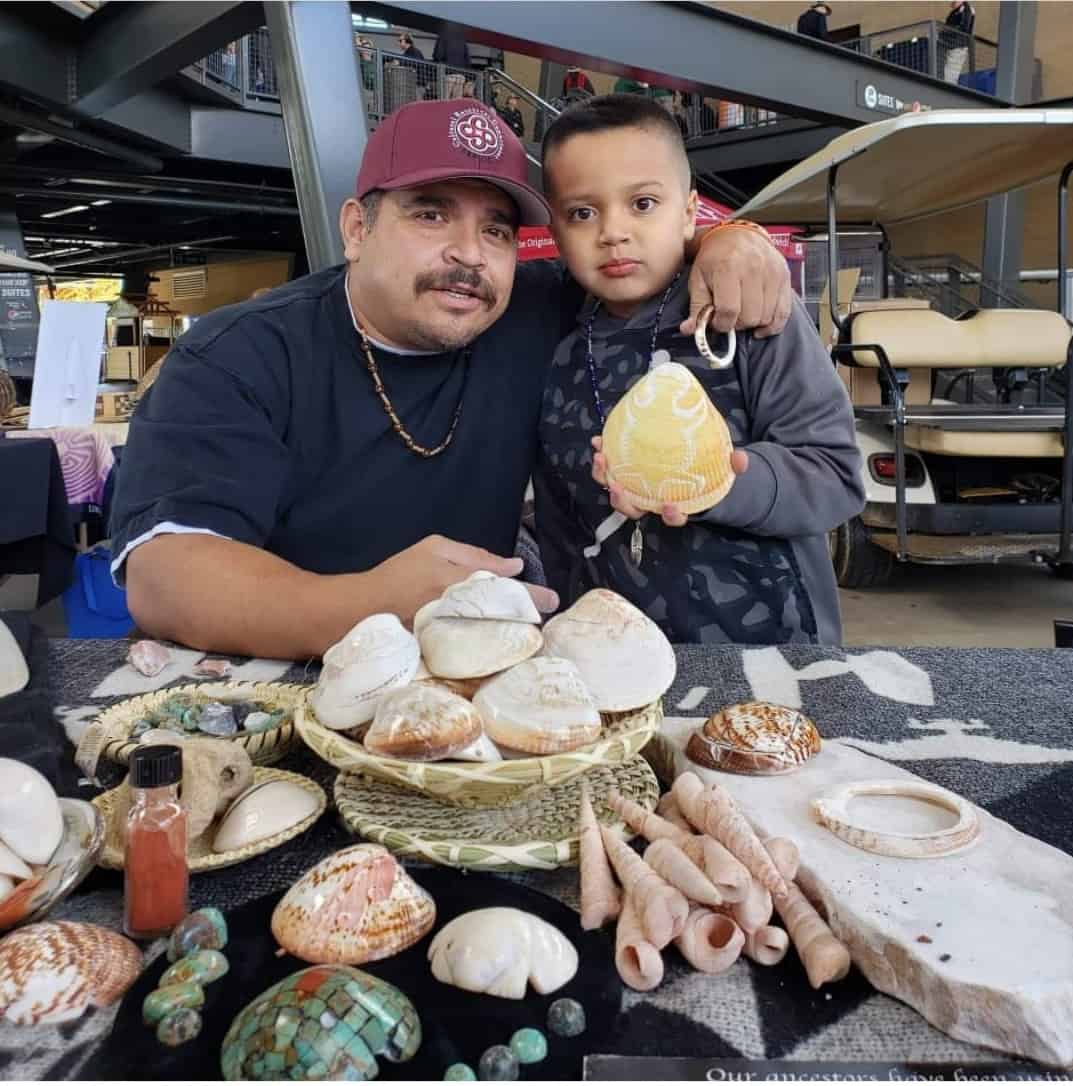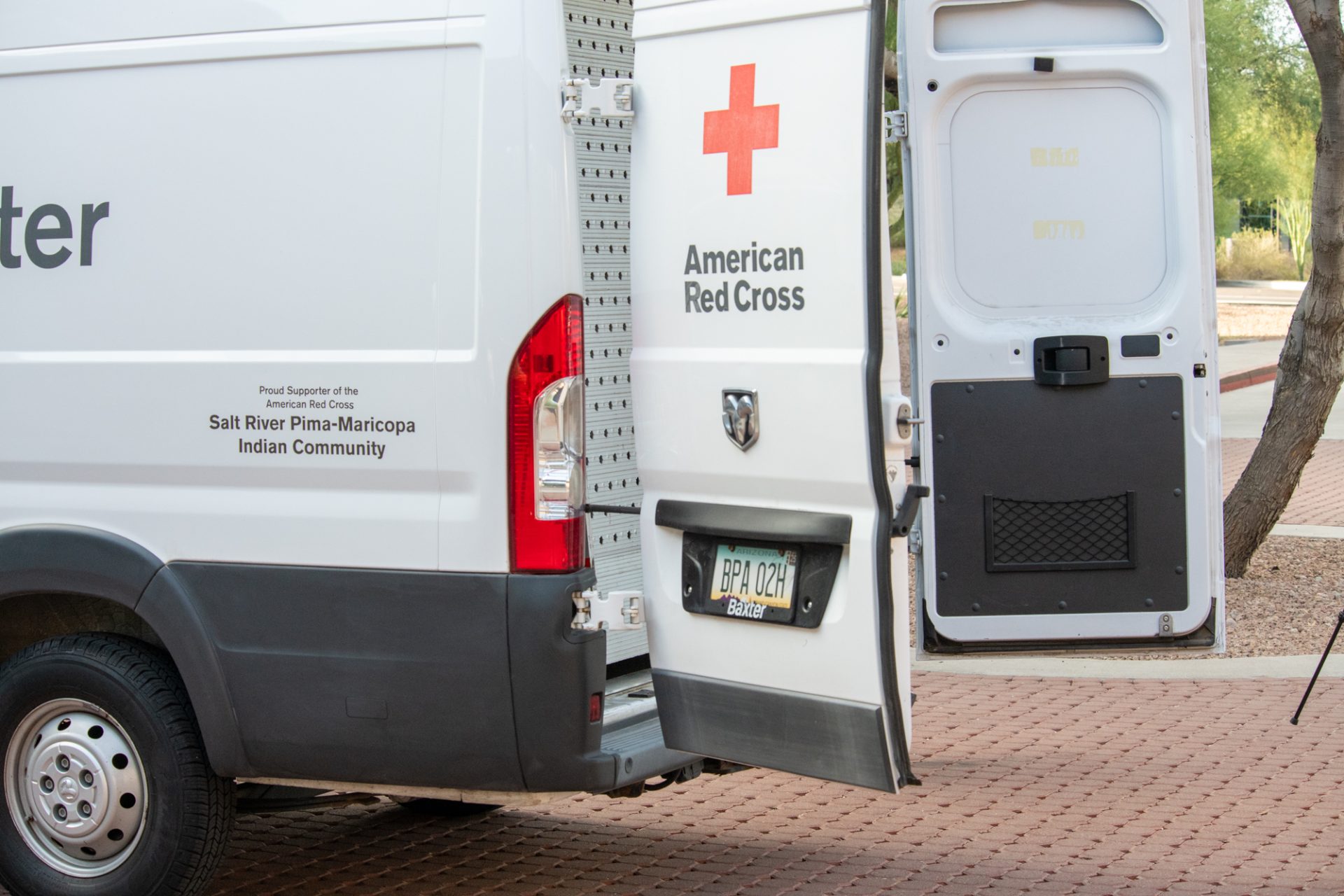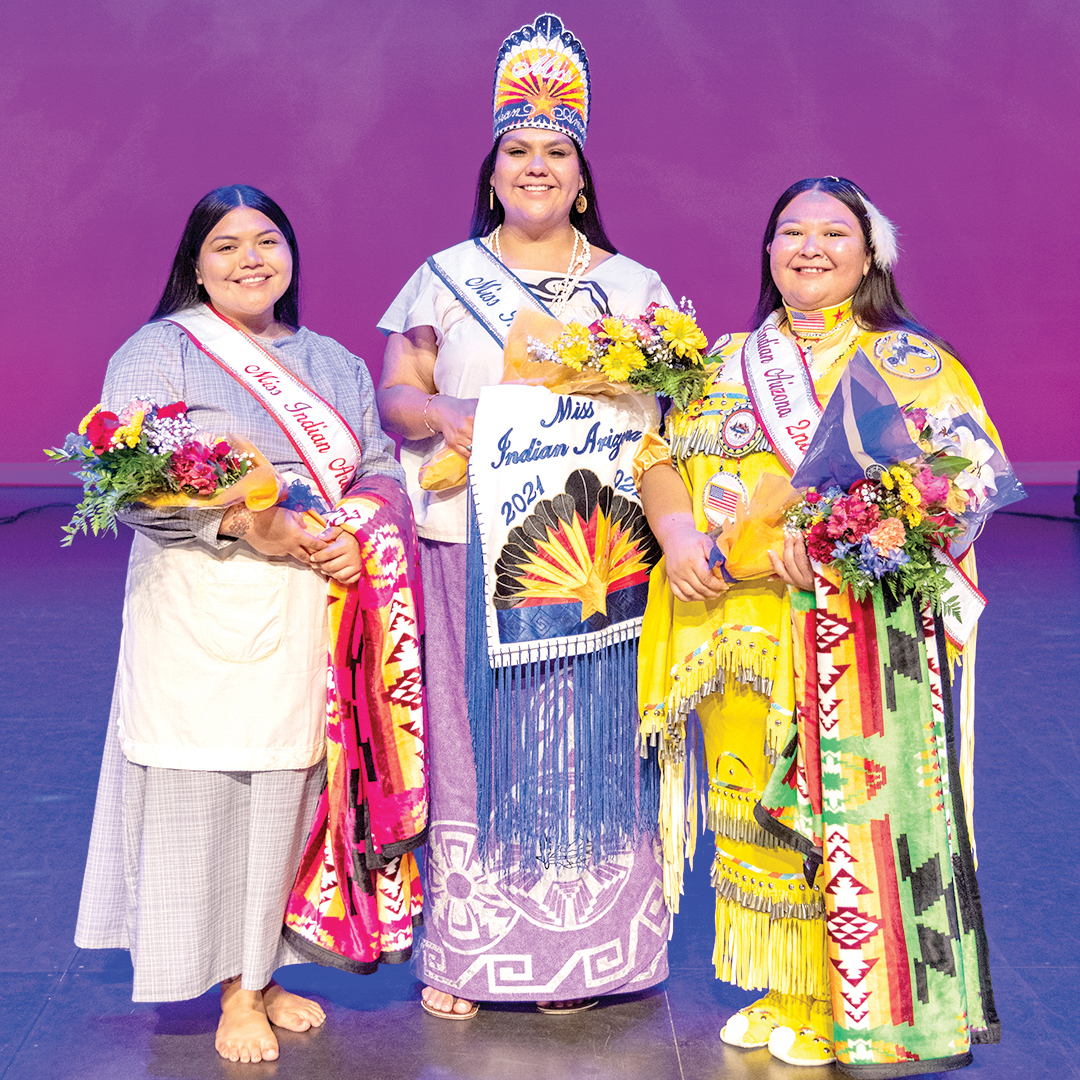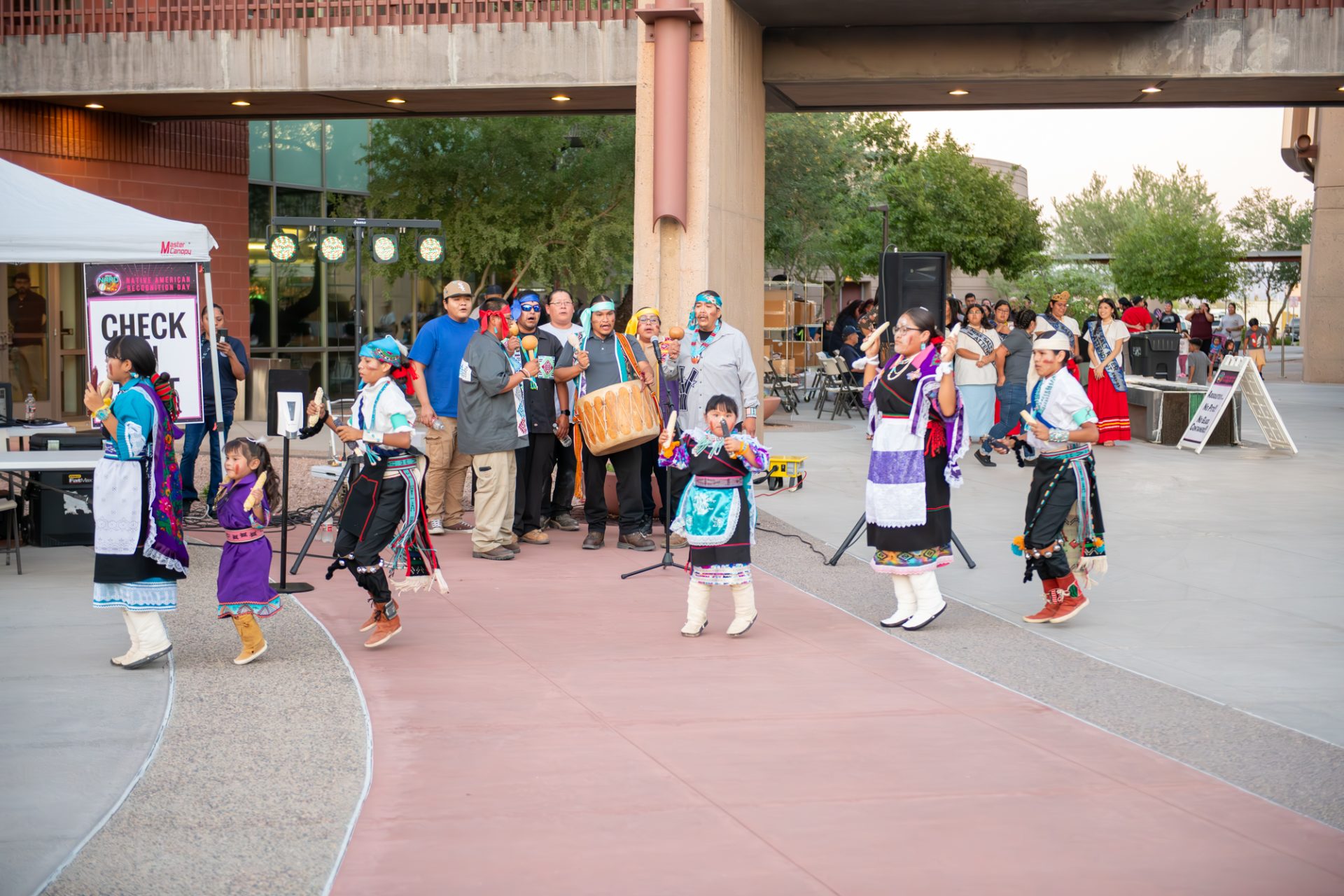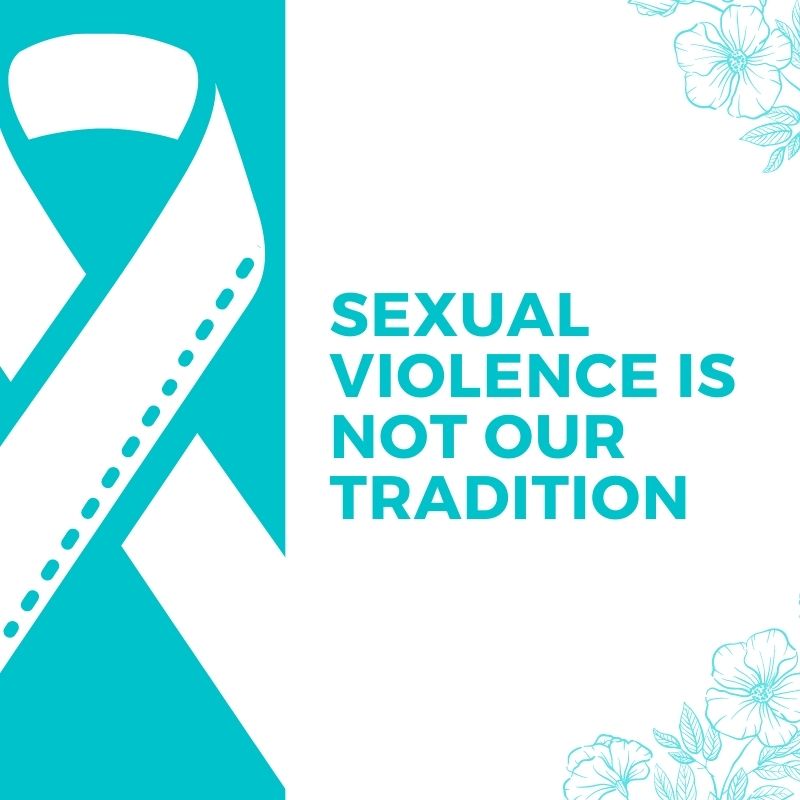VIEWS: 12023
January 21, 2021Jacob Butler Becomes Chair of Native Seeds/SEARCH
After serving on the board of Native Seeds/SEARCH since 2017, Community Garden Coordinator Jacob Butler will now serve as chair of the board for the nonprofit seed-conservation organization based in Tucson.
Butler has a big presence in the Community, having served as Community garden coordinator for the Salt River Pima-Maricopa Indian Community for 16 years. His knowledge of the plants, culture, ancestors and art of tribal communities led him to this leadership role.
One of Butler’s goals is to bring more Native and Indigenous voices into the Native Seeds/SEARCH board, which, for the longest time, has been a group of non-Indigenous people deciding on how the organization’s seed collection is utilized and how various tribal communities have a relationship with the organization. Having more Indigenous peoples’ voices is important to Butler, and he is working on bringing that into the conversation.
The relationship between Native Seeds/SEARCH and Arizona tribes has been an ongoing topic of conversation in some tribal communities, including the SRPMIC. Butler wanted to make sure he is doing the right thing for the right reasons, so he asked around the O’odham communities and had discussions with friends and family to get a feel as to whether he was the right fit for the newly offered position. One of the concerns was that the Native Seeds/SEARCH board chair is a volunteer position that could take time away from his full-time Community duties and dedication to his family and artwork, but Butler says that if he has an issue with something, by getting involved he can be the change that he wishes to see instead of just complaining about things he can help to change.
Ultimately, Butler sees the benefits and value of the position. “Native Seeds/SEARCH is an entity that is solely dedicated to the perpetuation and propagation of these traditional seeds,” said Butler. “I like that there is no political interest or leverage for practices or personal goals; it’s really about the seeds.”
Butler begins his service with a plethora of ideas and opinions about how to improve relationships between Native Seeds/SEARCH and tribes when it comes to seed conservation and native plants. The issues are quite complex, and many conversations and meetings are required to figure out how to benefit not only patrons and customers of Native Seeds/SEARCH, but also the tribal communities that many of these seeds come from.
Outlined in the original mission of Native Seeds/SEARCH was that the organization was not only going to save the seeds and give seeds back to communities when they requested them, but it was going to do outreach and teach proper seed-saving techniques and have better, deeper connections with the tribes that were involved with the seed collection. Butler says that this has not happened for a long time, and he hopes to see this addressed and changed as the COVID-19 pandemic dissipates.
Native Seeds/SEARCH also recently voted to hire an outreach coordinator to work with the rural Indigenous communities with a stake in the seed collection. “I want to make those relationships more sound and reconnect with some of the families that the seeds came from and see what their wishes are in regards to those seeds,” said Butler. He added that he wants to see these relationships between the seeds and the communities become stronger through Native Seeds/SEARCH.
Butler wants to focus on “rematriation,” a concept that involves returning culture, food and the spiritual way of life to the land and Mother Earth. One of the things Native Seeds/SEARCH is wrestling with is what it means to conserve the seeds of native plants and how rematriation looks within the organization. This includes an ongoing conversation about who has access to the seeds—which seeds are available to the general public and which seeds should be reserved for only certain tribal communities.
While the conversations may be deep and challenging, Butler and fellow policy committee members continue to think critically and see all facets of the discussions in hopes that the best decisions are made for each individual tribal community that has seed conservation at stake.

